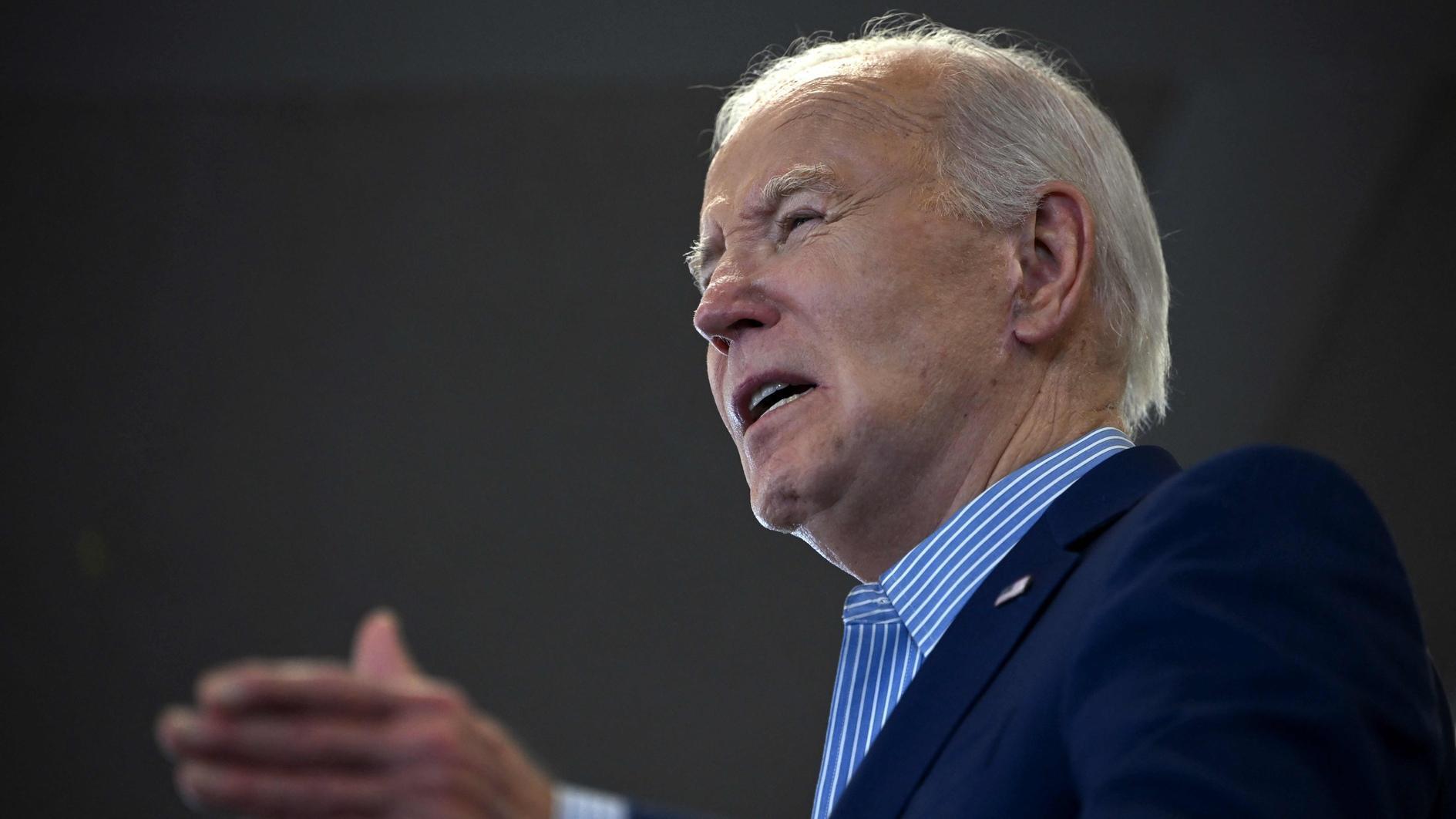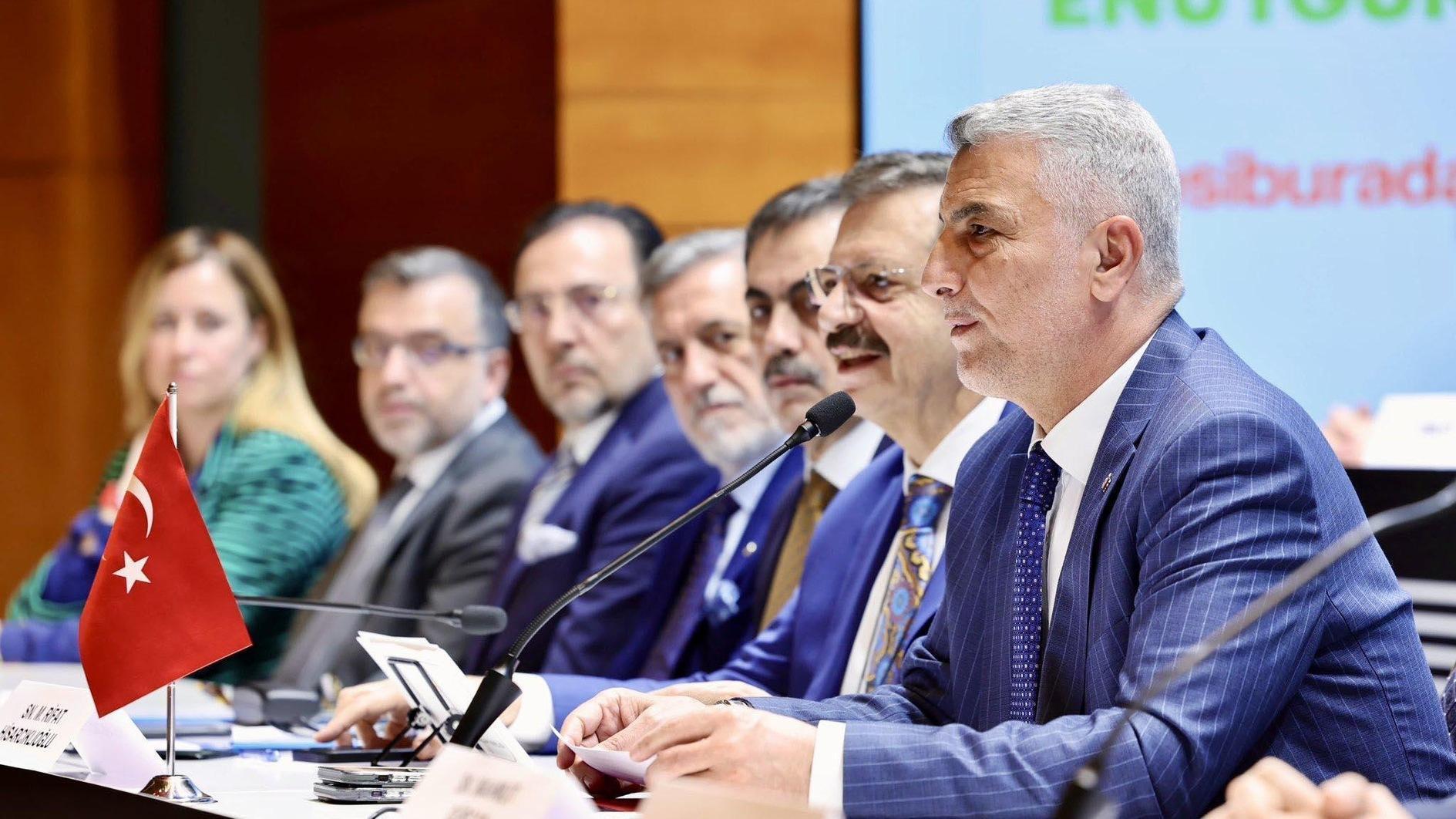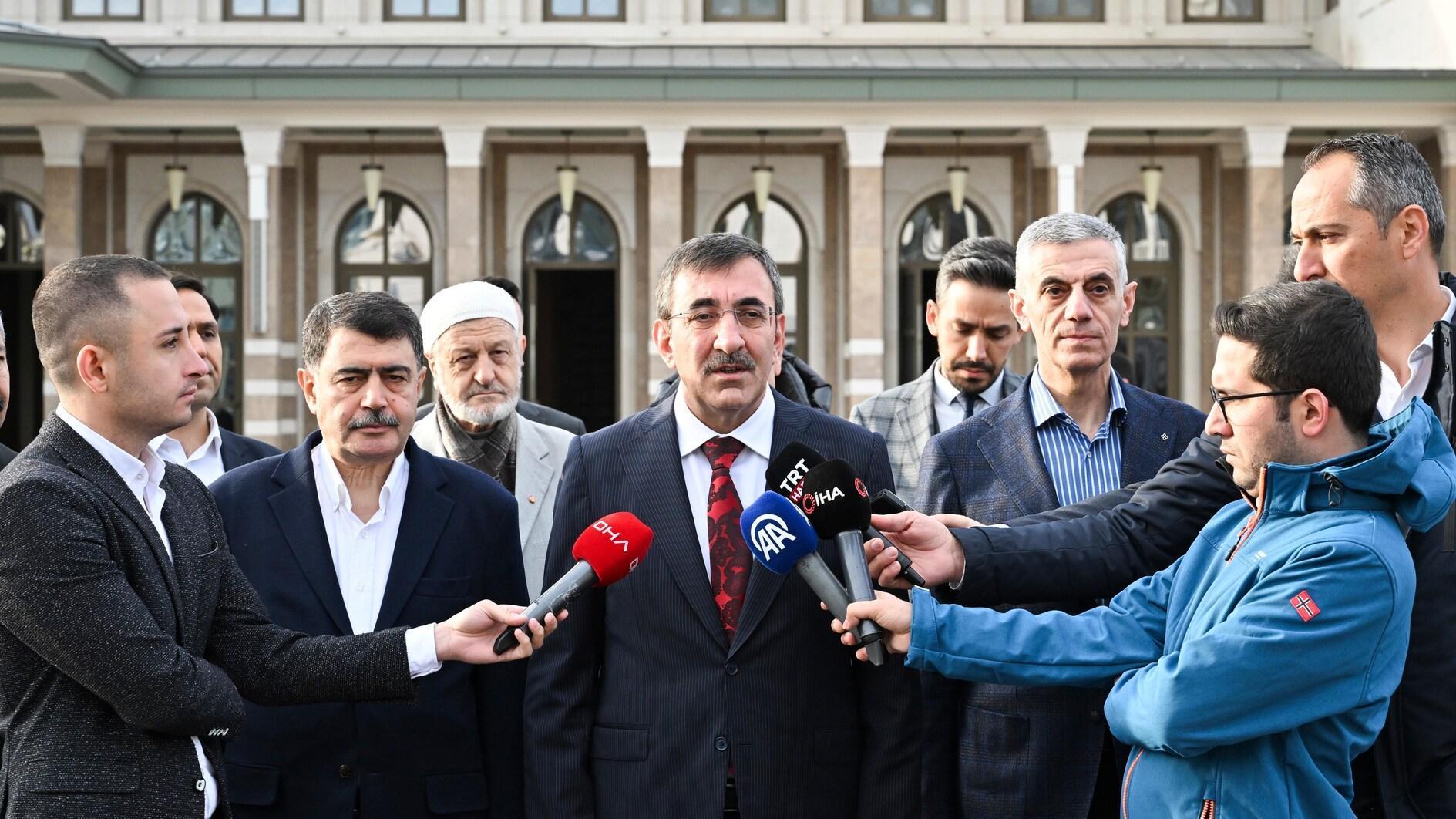Europe’s diminishing interest in Turkey
Yesterday Paris hosted a mini-summit to discuss Europe’s most important current problem, the migrant issue. Four continental powers - France, Germany, Italy and Spain - were the European participants. France, hosting the summit, also invited the leaders of Chad, Niger and Libya to discuss the matter.
The format of the Paris mini-summit reflects the changing character of Europe’s look at the migration problem. On the European front, it is obvious that three major Mediterranean members perceive this issue as a serious challenge to their security and are continuing their efforts to establish a regularized framework. Germany, as a leading member of the EU, certainly has as a role to play as a key partner.
There may be two reasons behind the fact that other EU members to the east of the continent are not included: First, the migration flow into Europe mainly coming from Turkey toward the Balkans and then onward to Central Europe is now under control. It appears that the strict border control regime implemented by Turkey, as well as the monitoring of the Aegean Sea by NATO, has brought about significant ameliorations.
Second, France is now coming back into European politics with more self-confidence under President Emmanuel Macron and is keen on enhancing its role in the EU’s decision-making processes together with Germany. Italy and Spain are France’s neighbors to its south, but they are also the southern frontline countries facing the direct consequences of migration originating from North Africa. Their solidarity, therefore, is essential. The recent terrorist attack in Barcelona has increased the sensitivity and necessitated closer coordination among those three Mediterranean countries.
France, however, is not keen on expanding this coordination to a wider community of EU members. President Macron’s demands for change in EU labor rules is already causing tension with Central and Eastern European members, acutely crystallizing with Poland in the first instance.
Does this mean that Europe’s Big Four are now becoming a leading “core” of the EU? Once the United Kingdom is out of the club through Brexit, such a continental quartet may become more influential in the future decision-making processes of the EU.
The Paris mini-summit also has other messages. Starting with the Mediterranean frontline countries, Europe now considers Libya to be a more serious challenge and the main focus of Africa-originated migration into Europe. The number of refugee camps in Libya is growing and Chad and Niger are the main transits to Libya, hence the format in Paris.
Does this mean that Syria is no longer a source of emigration? Not entirely, but it is true that the Syrian quagmire is now becoming a lesser concern with regard to migration, particularly because of increasing coordination between Russia, Turkey and Iran, as well as between Russia and the U.S., in de-escalating civil strife in Syria.
One may consider the shifting of Europe’s focus from migration issues from Turkey to migration issues from Syria and Libya as a credit to Ankara’s coordination with Europe. Unfortunately, this is not enough to cover Turkey’s European deficit.
At the beginning of 2017, Turkey’s relations with the EU were under discussion and many believed that its accession negotiations would no longer maintain their role as the top area of sustainability in EU-Turkey relations. Some analysts believed that under these circumstances relations would continue on a transactional basis. The two most important files to focus on would be coordination on migration issues and rehabilitation of the customs union.
The former, although still maintaining its role on the agenda, is becoming less of a priority due to its success. The latter, however, is also becoming less of a priority due to the increasing rift between Turkey and Germany. As a result, Ankara is now left with no files to transact. Sadly, the latest state of affairs between Turkey and the EU is rapidly transforming from “no enthusiasm for accession negotiations” to “no enthusiasm for transactional relations.”











